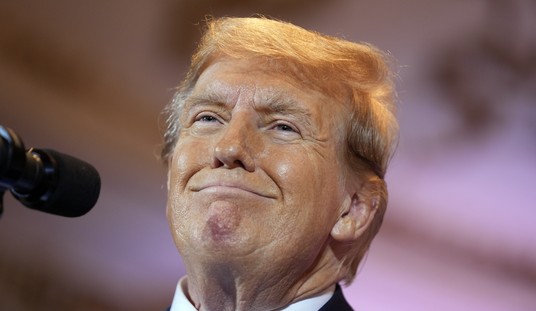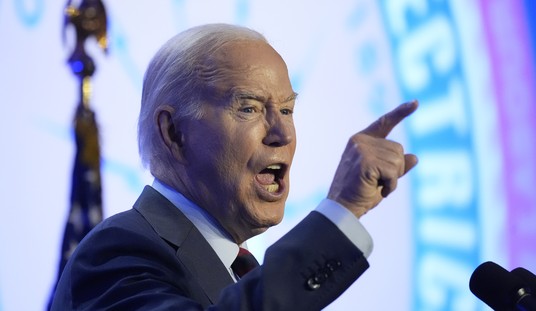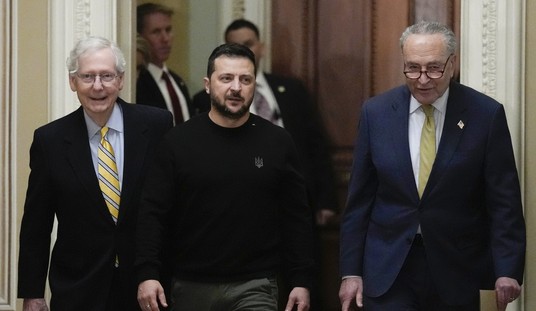
News of President Trump’s proposed tariffs on Mexican goods delivered a shock to politicians on both sides of the aisle and sent financial markets into a tailspin on Friday.
On Thursday evening, the President tweeted that starting “June 10th, the U.S. will impose a 5% Tariff on all goods coming into our Country from Mexico, until such time as illegal migrants coming through Mexico, and into our Country, STOP. The Tariff will gradually increase until the Illegal Immigration problem is remedied…” then adding “….at which time the tariffs will be removed. Details from the White House to follow.”
And follow they did. The White House issued a statement that said:
If the illegal migration crisis is alleviated through effective actions taken by Mexico, to be determined in our sole discretion and judgment, the Tariffs will be removed. If the crisis persists, however, the Tariffs will be raised to 10 percent on July 1, 2019.
Tariffs will be increased to 15 percent on August 1, 2019, to 20 percent on September 1, 2019, and to 25 percent on October 1, 2019. Tariffs will permanently remain at the 25 percent level unless and until Mexico substantially stops the illegal inflow of aliens coming through its territory.
….at which time the Tariffs will be removed. Details from the White House to follow.
— Donald J. Trump (@realDonaldTrump) May 30, 2019
According to the Office of the U.S. Trade Representative, the U.S. imported $346.5 billion of goods from Mexico in 2018, a 10.3% jump from the prior year. Imports from Mexico accounted for 13.6% of total U.S. imports last year.
Needless to say, this unexpected move was not received well by many in Washington. There is much “not to like” about it. Clearly, there will be short term pain for American consumers, especially for those whose livelihoods are dependent upon trade with Mexico. It will increase the price of numerous products Americans purchase on a regular basis, from avocados to cars. The measure will also have a dampening effect on U.S. Gross Domestic Product initially.
On the plus side, it certainly got Mexico’s attention, didn’t it? Mexico’s president, Andres Manuel Lopez Obrador, immediately condemned the tariffs. He issued a statement saying that, Social problems are not resolved with taxes or coercive measures” and “the Statue of Liberty is not an empty symbol.” Tucker Carlson made the point that, “Mexico’s corrupt ruling class believes it is America’s duty to absorb their country’s problems forever.” Actually, much of the world feels the same way.
The Mexican government has for too long ignored the flow of illegals through their country. Recently, illegals have been entering the U.S. at the rate of 100,000 per month. It is hurting our country.
As with most political decisions, there are two unpleasant choices and usually one is worse than the other.
In this case, the first option is to let sleeping dogs lie. We can allow Mexico to continue to ignore, and in some cases, to even assist, the hundreds of thousands of illegals who travel through their country annually to reach the U.S. This choice would ensure that we maintain a positive trading relationship with Mexico and will keep prices of goods at current levels. Additionally, it will not depress short term GDP.
It also means that huge numbers of impoverished South Americans will continue to flow into the U.S. who will expect us to provide them with shelter, food and medical care. Those who can will cast their votes for Democratic candidates who are far more sympathetic to their needs than Republicans.
Tucker Carlson addressed some of the problems we face due to uncontrolled immigration.
For decades, the Mexican government has sent their poor up north to our country. This has allowed their criminal oligarchy to maintain power and get richer, but at great expense to us. In the U.S., it has damaged our communities, ruined our schools, burdened our health care system and fractured our national unity. It has supressed wages for our most vulnerable. It has been a slow motion attack on this country and its affects have been devastating.
Alternatively, we can shake things up by applying some much-needed pressure. We will certainly have to accept some short term financial pain. But Mexico, China and the rest of the world will hear the message that the U.S. will no longer be the world’s doormat.
CNN’s Steve Cortes sums it up perfectly:
If countries want access to the American market, then they must act like responsible partners. America desires peace and prosperity with all nations, but will not be abused. If China wishes to continue as a trade partner, it must cease the systemic theft of our intellectual property, technologies, and cease hacking our critical systems. If Mexico desires real friendship with the United States, including the benefit of selling into the world’s greatest consumer market, then it must share in the burden of confronting this migrant calamity.
Mexico can’t continue to have it both ways.













Join the conversation as a VIP Member